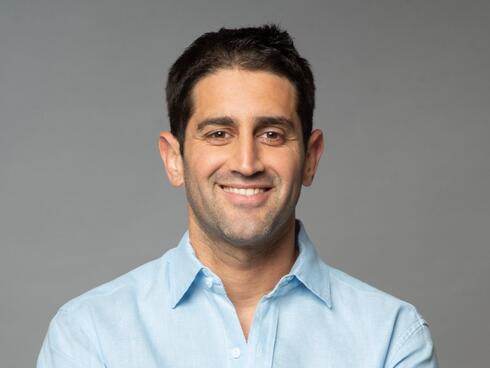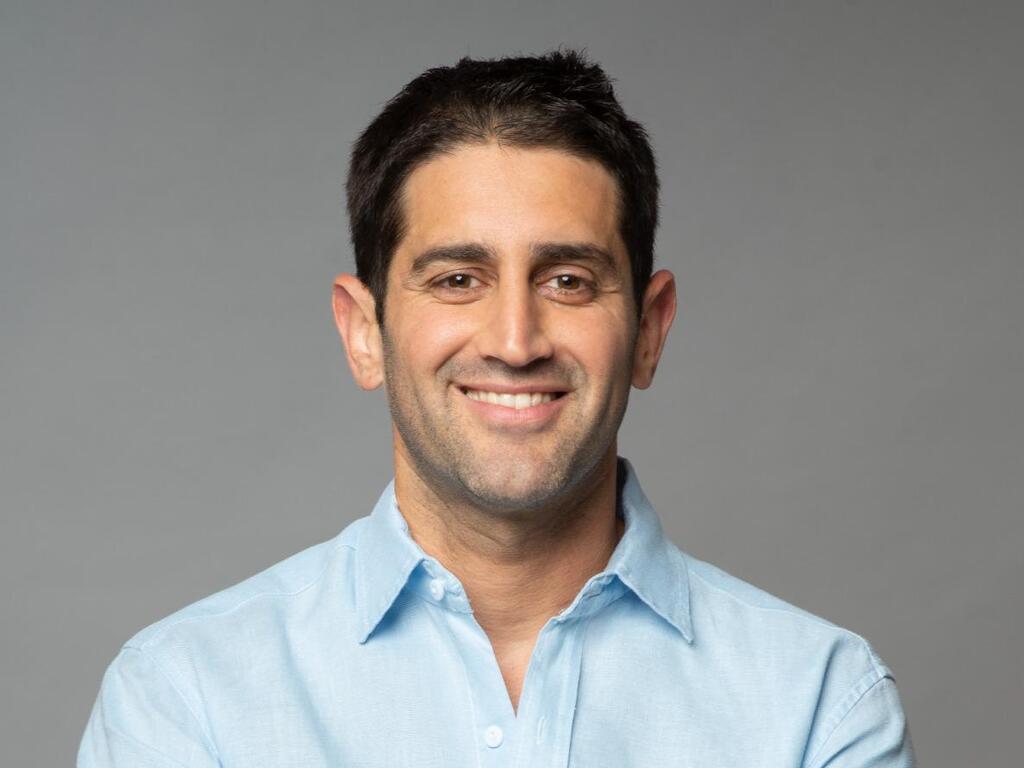
Opinion
Trump tariffs: A very thin needle to thread — And Israel’s small part
While Israel is not a major player in the U.S. supply chain, it has a unique opportunity to punch above its economic weight, and Prime Minister Netanyahu's visit to the White House Monday, while focused on the hostages and Iran, could be that exact opportunity.
As ‘Trumpenomics’ have taken center stage with the introduction of tariffs on “liberation day” last Thursday, they come with a complex balancing act. For this approach to work, President Trump must thread a remarkably thin needle — and quickly. If his tariff strategy were to succeed, they must serve not as blunt instruments of economic war but as surgical tools aimed at precise outcomes.
At their best, Trump’s tariffs aim to do two things:
- Create a more even playing field in global trade—giving U.S. exporters a fair shake by pressuring trading partners to lower their own barriers.
- Encourage onshoring of advanced manufacturing—restoring industrial capacity and national resilience in critical sectors.
But there’s also a third narrative that’s emerged: the idea of tariffs as an “external revenue service” that can reduce reliance on domestic taxation. This third goal, while politically appealing, is in direct tension with the first two. A tariff acting primarily as a revenue generator increases costs for U.S. consumers and risks stoking inflation—undermining both trade competitiveness and onshoring efforts.
The elements that need to come together are the following:
- Strike fast bilateral deals that open foreign markets to U.S. goods
- Attract foreign investment into U.S.-based manufacturing
- Do so without spooking markets or igniting inflation
Deals Need to Come Fast—and with the Right Partners
The initial turbulence from tariff announcements has triggered both inflationary and recessionary expectations as well as extreme market volatility. That chaos must be short-lived. The administration needs to flip the narrative quickly by securing bilateral agreements—fast.
The key is momentum and optics: the first countries that sign deals should get the best terms, creating a global “first-mover” incentive. This encourages a race-to-deal rather than a prolonged standoff. A rumored deal with Vietnam may be the first domino.
But the sequencing and substance of the deals matter. The U.S. supply chain is intricately linked with a small group of countries. Priority partners include:
- China, Mexico, Japan, Canada, Germany (top-tier, high-sensitivity inputs)
- India, Vietnam, South Korea, UK, Saudi Arabia (second-tier, strategic ties)
Deals with these nations can ease fears in equity and bond markets, stabilizing inflation expectations. As these agreements come online, the combination of falling oil prices (with new OPEC+ production increases) and declining long-term yields could provide a deflationary counterbalance to any tariff-related price pressures.
If the Federal Reserve sees these deflationary signals solidify, it gains room to cut short-term rates—helping sustain growth even in a tariff-tinged environment.
But this has to happen fast. The window is narrow. Without movement, the market will price in recession. Tariffs left hanging in the wind become taxes on consumers, not levers for strategic rebalancing.
The Critical Timing: A Modern-Day “Passover”?
The next 10 days could prove decisive. With markets closed over the upcoming weekend, the administration has a chance to roll out announcements and shape the global narrative before markets react in real time. The days leading up to Passover could, quite symbolically, mark a transition—from fear of economic servitude under inflation and recession, to the hope of liberation through strategic realignment.
Israel’s Role: Symbolic but Strategic
While Israel is not a major player in the U.S. supply chain, it has a unique opportunity to punch above its economic weight, and Prime Minister Netanyahu's visit to the White House Monday, while focused on the hostages and Iran, could be that exact opportunity.
Israel is already a low-tariff country on most goods. The exception is automobiles—ironically, one of the sectors Trump prioritizes. Israel could announce the removal of tariffs on U.S. autos, completing the zero-tariff picture and sending a strong signal.
But more importantly, Israel could pledge to reinvest part of its ~$5 billion annual trade surplus with the U.S. into joint ventures in advanced manufacturing inside the U.S.—particularly in sectors where Israeli tech already excels: semiconductors, AI and defense.
For the U.S., this would position Israel as the model partner in Trump’s new economic framework: not just open markets, but mutual investment and shared industrial growth. For Israel, it could make it a zero tariff country, “hugged” into the new AI and compute infrastructure alliance it is so critical that it belongs to in the coming decades. A win-win for both countries and another solidification of the long term alliance.
Final Thought
Trump’s tariff approach is risky—but potentially transformative. If executed with discipline, diplomacy, and a keen understanding of global interdependence, it could create a new kind of trade architecture. One where strategic manufacturing and mutual market access define the terms—not lowest-cost labor or mercantilist advantage.
But it will require threading that very thin needle. Fast.
And Israel? It may be small, but it can still be a really important first.
Lior Prosor is a partner at Hanaco Ventures, an American VC focusing on investments in the Israeli ecosystem across deeptech, mobility and fintech.















